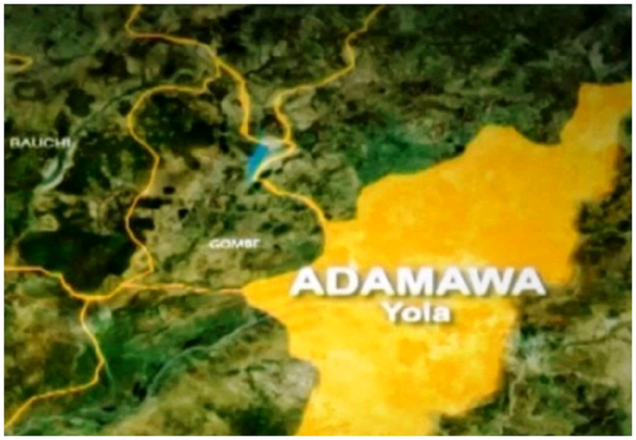By Atoyebi Nike
Efforts to tackle the challenge of out-of-school children in Adamawa State have yielded significant results, with more than 12,000 learners gaining access to education through a Global Partnership for Education (GPE)-funded programme supported by UNICEF and the state government.
The initiative, which had initially set a target of 7,000 children, was implemented in Lamurde and Gombi Local Government Areas, where 120 community learning centres and 123 shade structures were established to provide access to schooling in underserved communities.
Beyond reading and numeracy, participating children received lessons in hygiene, social behaviour, and resilience skills. According to Abdulraman Ado, UNICEF Education Specialist in Bauchi, the intervention was “transformative,” while Adamawa’s Commissioner for Education, Umar Garba Pella, said it laid a solid foundation for the state’s education sector plan.
To sustain the impact, the state has developed a template for continuation and trained community-based facilitators to teach at least three times a week. Learners from non-formal centres are also being integrated into the formal school system, with uniforms, materials, and other scholastic support provided.
Despite the achievements, challenges persist. Poverty, insecurity in Madagali, communal clashes in Lamurde, and flooding that damaged some structures continue to undermine progress. Stakeholders have called for the introduction of a school feeding programme to reduce the burden on vulnerable children.
Local leaders and parents have been urged to strengthen community ownership to ensure the continuity of the initiative.
